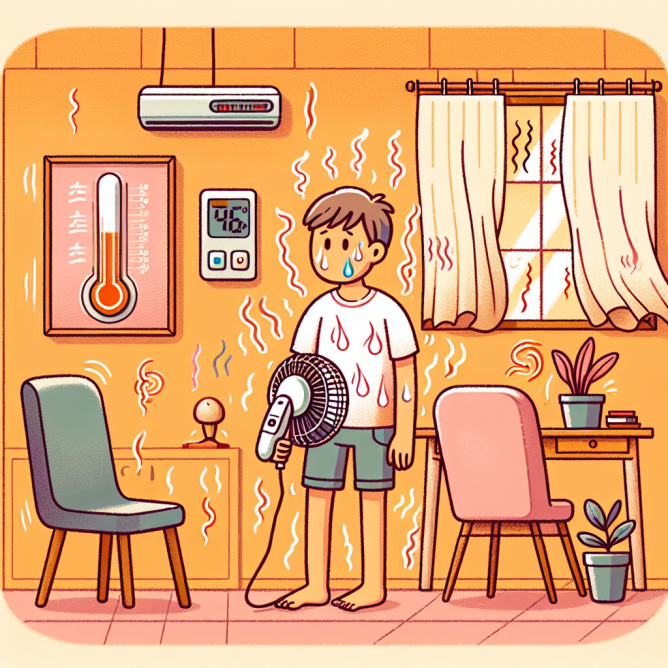
HRT: Understanding Hormone Replacement Therapy
Introduction:
Hormone Replacement Therapy (HRT) is a medical treatment that involves the use of hormones to replace those that the body is no longer producing in sufficient quantities. HRT is commonly used to alleviate symptoms associated with menopause in women and andropause in men. In this article, we will explore the benefits, risks, and considerations of HRT, as well as the different types of HRT available.
Benefits of HRT:
1. Relief from Menopause Symptoms:

One of the most significant benefits of HRT is the relief it provides from menopause symptoms. Menopause is a natural process that occurs in women as they age, and it can cause a range of uncomfortable symptoms, including hot flashes, night sweats, vaginal dryness, and mood swings. HRT can help alleviate these symptoms by replacing the estrogen that the body is no longer producing.
2. Reduced Risk of Osteoporosis:
Osteoporosis is a condition that causes bones to become weak and brittle, making them more susceptible to fractures. HRT can help reduce the risk of osteoporosis by increasing bone density. This is because estrogen plays a crucial role in maintaining bone health, and HRT can help replenish the estrogen that the body is no longer producing.
3. Reduced Risk of Colon Cancer:
Studies have shown that HRT can help reduce the risk of colon cancer in women. This is because estrogen has been shown to have a protective effect against colon cancer. However, it is essential to note that the benefits of HRT in reducing the risk of colon cancer are not as significant as the benefits of other lifestyle factors, such as a healthy diet and regular exercise.

Risks of HRT:
1. Increased Risk of Breast Cancer:
One of the most significant risks associated with HRT is an increased risk of breast cancer. Studies have shown that women who use HRT for an extended period are at a higher risk of developing breast cancer. This is because estrogen can stimulate the growth of breast tissue, which can increase the risk of breast cancer.
2. Increased Risk of Blood Clots:
HRT can also increase the risk of blood clots, which can lead to serious health complications, such as deep vein thrombosis (DVT) and pulmonary embolism (PE). This is because estrogen can increase the thickness of the blood, making it more prone to clotting.
3. Increased Risk of Stroke:
HRT has also been linked to an increased risk of stroke. This is because estrogen can increase blood pressure and the risk of blood clots, both of which are risk factors for stroke.
Considerations of HRT:
1. Age:
The age at which a woman starts menopause can have a significant impact on the benefits and risks of HRT. Women who start menopause at a younger age are more likely to experience severe menopause symptoms, which can make HRT a more attractive option. However, younger women are also at a higher risk of developing breast cancer, which can make HRT a more risky option.
2. Duration of Use:
The duration of HRT use can also have a significant impact on the benefits and risks of HRT. Women who use HRT for an extended period are at a higher risk of developing breast cancer and blood clots. Therefore, it is essential to use HRT for the shortest possible duration to alleviate menopause symptoms.
3. Type of HRT:
There are different types of HRT available, including oral, transdermal, and vaginal. Each type of HRT has its own benefits and risks. For example, transdermal HRT, which is applied to the skin, may be a better option for women who are at a higher risk of blood clots, as it does not increase blood pressure as significantly as oral HRT.
Conclusion:
HRT is a medical treatment that can provide significant benefits for women experiencing menopause symptoms. However, it is essential to weigh the benefits and risks of HRT carefully and to use it for the shortest possible duration. Women should also consider the type of HRT they use, as different types of HRT have different benefits and risks. By making informed decisions about HRT, women can alleviate menopause symptoms while minimizing the risks associated with HRT.



